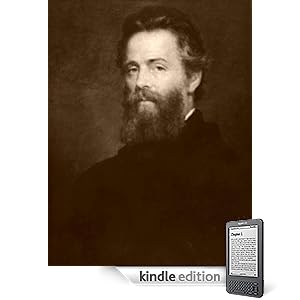Then, this past month, I read my first e-book using my PC's Kindle. The reason I went digital rather than paper was a matter of necessity. The book, Nephi Anderson's Dorian, is a rarity in Ohio. I really had not other choice.
And this is what I found out: you can do a lot with an e-reader.
Basically, everything I hate about serious reading is made easier on the Kindle. For instance, I hate writing notes in small margins. On the Kindle, though, I have unlimited note-taking space. Big words are also a problem. When reading a low-tech book, I get annoyed whenever I have to pull the dictionary out to look up a word I don't know. On the Kindle, definitions are a click away.
I understand this goes against my predilections for all things old. But I'm never been a pure techno-phobe. I like technology when it makes my life better. I'm going to miss paper when it's gone. But I'm not going to miss the annoyance of a dictionary search. Sure, some people like looking words up in the dictionary. And I admit the dictionary makes great bathroom reading. But, really, its not a task I'll ever get sentimental about when its gone.
Ultimately, I still prefer paper books. For me, they are easier to skim. And I like the pleasure of flipping pages and reading random passages. I also like having a tangible object with the weight of 637 pages on its back.
But e-readers are pretty cool.
Especially when it comes to old big books, like Moby Dick, that take up a lot of space on the bookshelf. I mean, I like having my walls lined with books and bookshelves, but I don't necessarily want my books taking over my living space any more than they already have.
But I think its great that e-readers and websites like www.gutenberg.org and www.archive.org are making nineteenth century texts more accessible to the tech-savvy masses. Already I've downloaded nearly all of the 19th century texts I need to read for my Ph.D. qualifying exams to my PC's Kindle. All for free.
Of course, I think old school books are on the way out. In one hundred years, they'll have gone the way of the typewriter and rotary phone.
That's not to say that neo-posthipsters won't still be printing them up as artsy novelty items in 2111. But the folks in the e-reader industry have done a really good job reinventing the book.

No comments:
Post a Comment